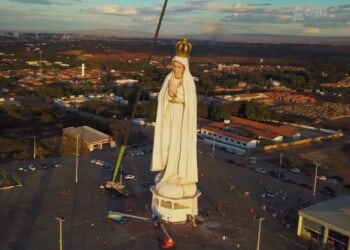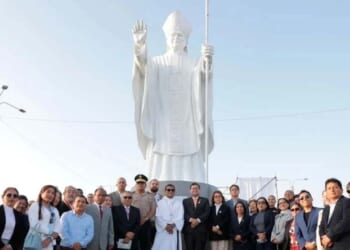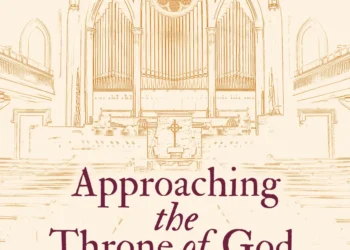Brandon To is a Politics graduate from UCL and a Hong Kong BN(O) immigrant settled in Harrow.
It was just past ten on Diwali night when the first blast echoed down our quiet Harrow street.
What began as a distant celebration soon turned into chaos: fireworks hurled from car windows, explosions metres from people’s doors, the acrid smoke drifting into homes. One car nearly spun out at the roundabout, sparks still flashing from its open window. From behind my curtain, I asked myself: Is this a celebration, or recklessness?
As a Hong Kong immigrant who grew up with the crackle of firecrackers and the joy of festival noise, I understand the instinct to celebrate loudly. I, too, remember the excitement of Lunar New Year nights, when colour and sound filled the air. But there is a line. One that separates joy from disorder, tradition from nuisance. When our heritage begins to inconvenience others, perhaps it’s time to stop, and reflect on how we show respect to the country that welcomed us.
This isn’t about race, culture, or religion. It’s about respect. Respect for our neighbours, our community, and most importantly, ourselves. Integration does not mean abandoning one’s roots. It means learning how to express them in ways that strengthen, not strain, the community we share.
Like many Hong Kong BN(O) immigrants, I came here through a Conservative policy that restored hope to families fleeing authoritarianism. Britain gave us safety and opportunity; it asked, in return, that we live by its values of fairness and respect.
That exchange: freedom granted, responsibility assumed, is the heart of what true integration means. It is not enough to “co-exist” politely. We must actively integrate. We must learn not just to “tolerate” Britain’s customs, but to embody them: especially in how we respect public order, and how we treat shared spaces.
Multiculturalism was never meant to be a licence for chaos. It should be a promise of mutual respect, that everyone, regardless of background, plays by the same rules and shares the same civic pride. Yet under Labour leadership, particularly in London, we have seen a dangerous tendency to turn a blind eye to disorder. From the stabbings that now tragically shadow Notting Hill Carnival, to illegal street racing after Eid celebrations, too many public festivals have drifted from joy into lawlessness.
Sadly, local authorities hesitate to act for fear of being labelled “insensitive” or “racist.” That is not tolerance. That is weakness. And we have to be very clear that it is not racist to want a safe and secure community. Real equality means equal responsibility, and communities thrive when the rules are enforced fairly for all, locals or immigrants, not selectively relaxed to avoid political discomfort.
That’s why the Conservative Party should proudly champion tougher public-safety laws and stricter control over fireworks. Real integration cannot flourish without real enforcement. Fireworks thrown in residential streets are not “cultural expression”, but public hazards. Community leaders, regardless of the religion or ethnicity they represent, should also remind their members that celebration cannot come at the cost of others’ peace. The same applies beyond Diwali: whether it’s litter after street festivals, dangerous driving during celebrations, or noise that disturbs families late at night, the standard must be the same for everyone.
None of this diminishes the beauty of our diversity.
Britain’s festivals, cuisines, and languages enrich us all. But for multiculturalism to work, it must be bound by civic order. Shared rules protect everyone’s freedom to celebrate safely. It is when rules disappear, when public order gives way to “anything goes”, that resentment grows and trust decays.
In Hong Kong, I once thought freedom meant the absence of control. In Britain, I’ve learned that freedom endures only when people respect limits. Or, in other words, the unspoken decency that makes this country feel like home.
So, as immigrants, let us not see restraint as submission. Let’s see it as a contribution — a way of giving back to a nation that gave us so much.









![Florida Officer Shot Twice in the Face During Service Call; Suspect Killed [WATCH]](https://www.right2024.com/wp-content/uploads/2025/12/Inmate-Escapes-Atlanta-Hospital-After-Suicide-Attempt-Steals-SUV-Handgun-350x250.jpg)







